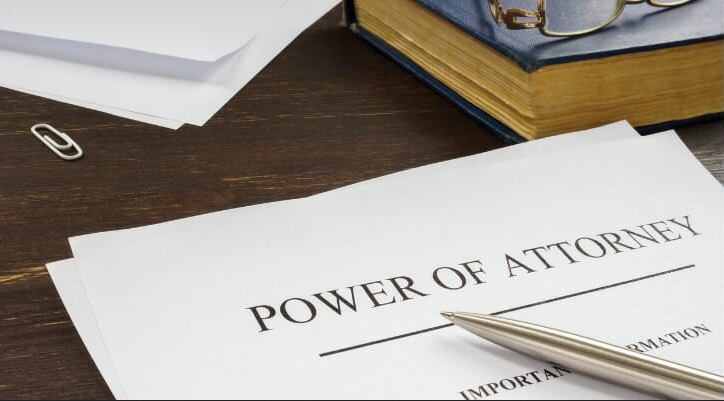With all the technical terms involved in property transactions, we thought we’d take the time to explain a matter that we do come across from time to time. In this blog post, we discuss the important things you need to know when it comes to power of attorney.
First of all, what is power of attorney?
A power of attorney is a legal document, which gives, one person (the attorney) the power to act for the other (the donor) in certain circumstances, which will be outlined in the Power of Attorney (POA) document.
When can a power of attorney be used?
For example, you may wish to sell a property while you are overseas. Your appointed attorney would be able to act for you as a result of the POA.
Are there different forms of POA?
Yes, but the types we most commonly see are as below:
1. Enduring power of attorney
This gives the attorney (which can be a single person or multiple people), permission to make financial and property decisions on behalf of a donor, until revoked.
These decisions may include:
- Property transactions such as buying or selling
- Operating a bank account
- Voting at meetings
EPOA is typically granted to a person that the donor trusts, such as a family member, a close friend, or another trusted person such as an accountant, who can manage financial decisions, even if the donor loses full legal capacity.
2. Limited POA
This allows donee(s) to perform specific tasks for a period of time that the POA is in force for.
For example, a homeowner might be overseas and has an immediate need to sell their home. Providing limited POA to a donee who lives locally, will allow this trusted person to carry out the sale on the donor’s behalf.
What about joint POA?
In the case where multiple donees are appointed, the donor must decide if only one attorney needs to sign documents (referred to as ‘jointly and severally’), or if both attorneys need to sign (‘jointly’).
How does POA impact property settlement?
The most important step when carrying out the sale or purchase of a property via power of attorney, is to lodge all documentation with Landgate prior to settlement. You should lodge two signed copies of POA documentation, one to be retained by Landgate and second to be returned as the client original.
Furthermore, if the power of attorney documents are lodged three or more months after being signed by the donor and donee, a statutory declaration must also be submitted to verify currency. Failure to do so may render the power of attorney agreement as revoked or invalid in the eyes of Landgate.
Mosaic Settlements can help
Time is of the essence with all property conveyancing deals, rest assured that Mosaic Settlements has your best interests at heart. Whether it be a residential settlement, a strata title settlement or a private property sale conveyancing, our expert team will make sure your POA matters are in-check. Reach out to us if you’re in doubt or have any questions, we are here to help.


